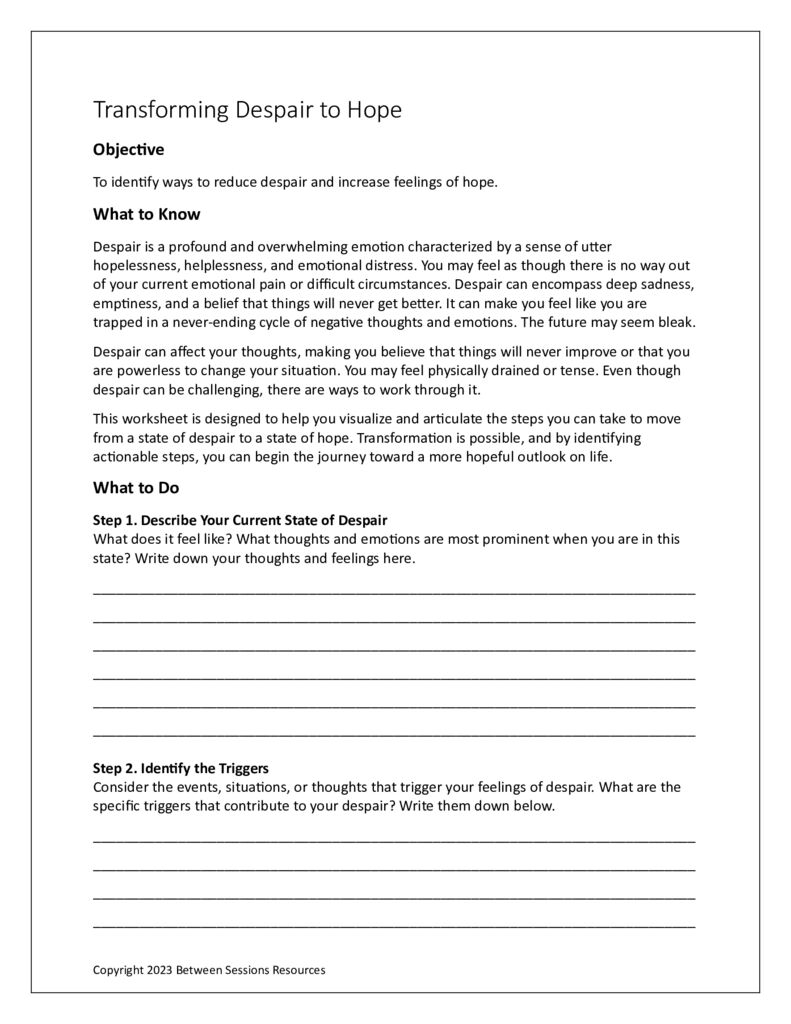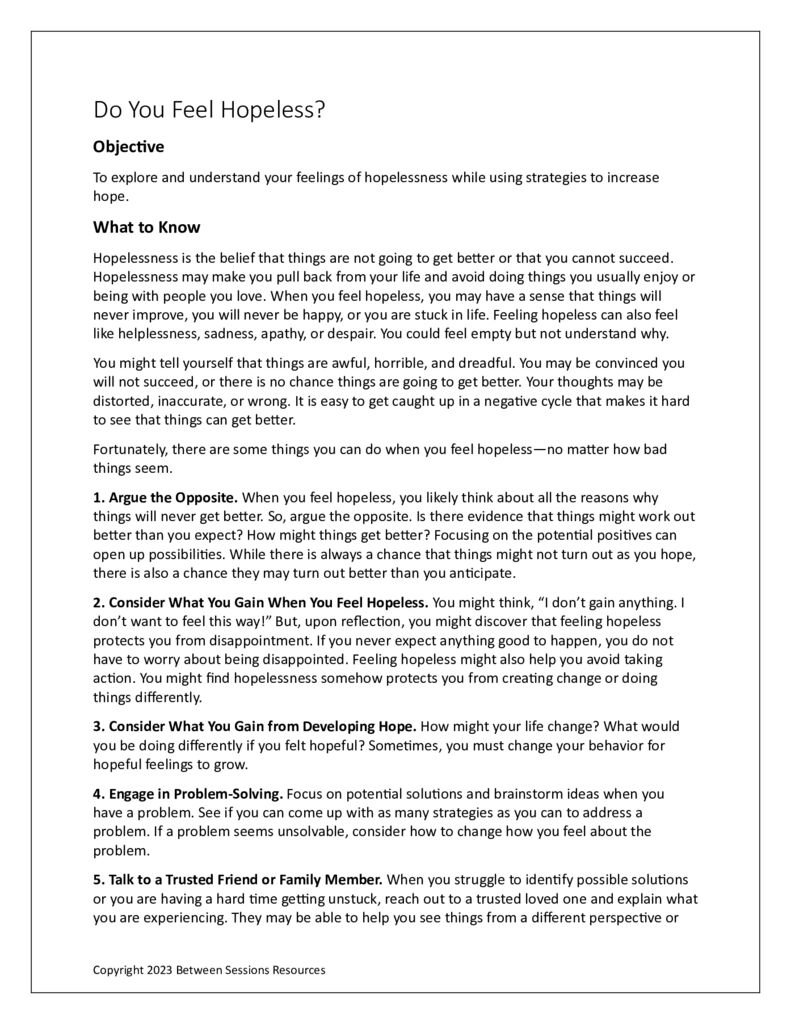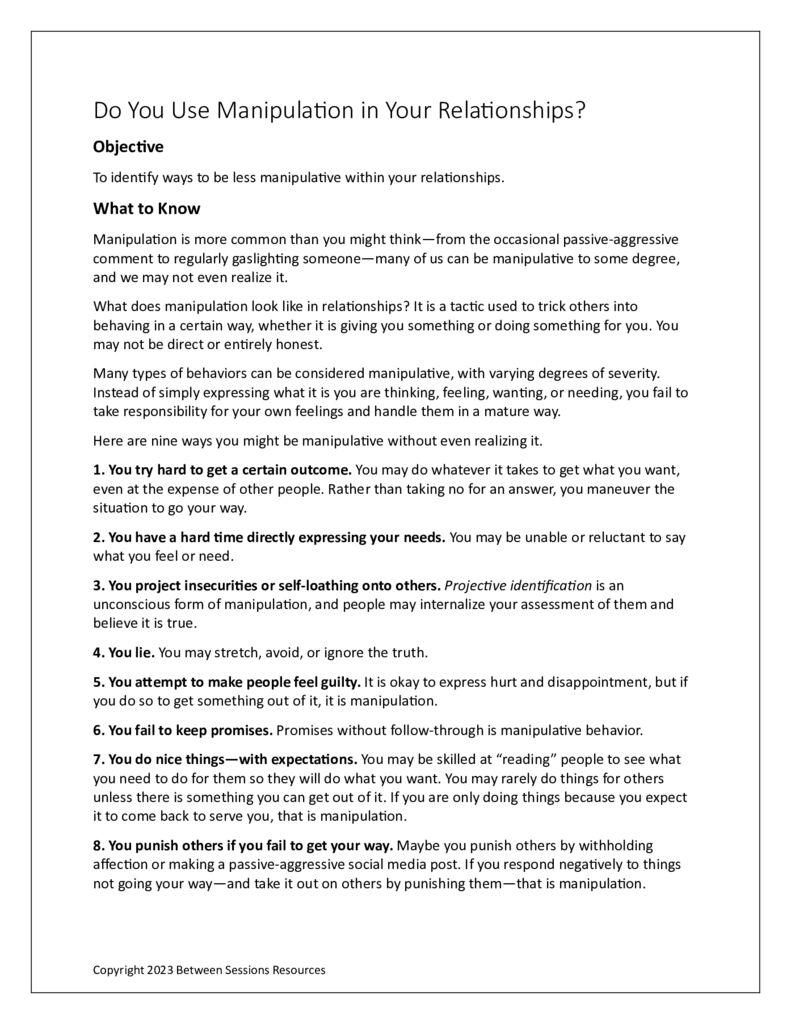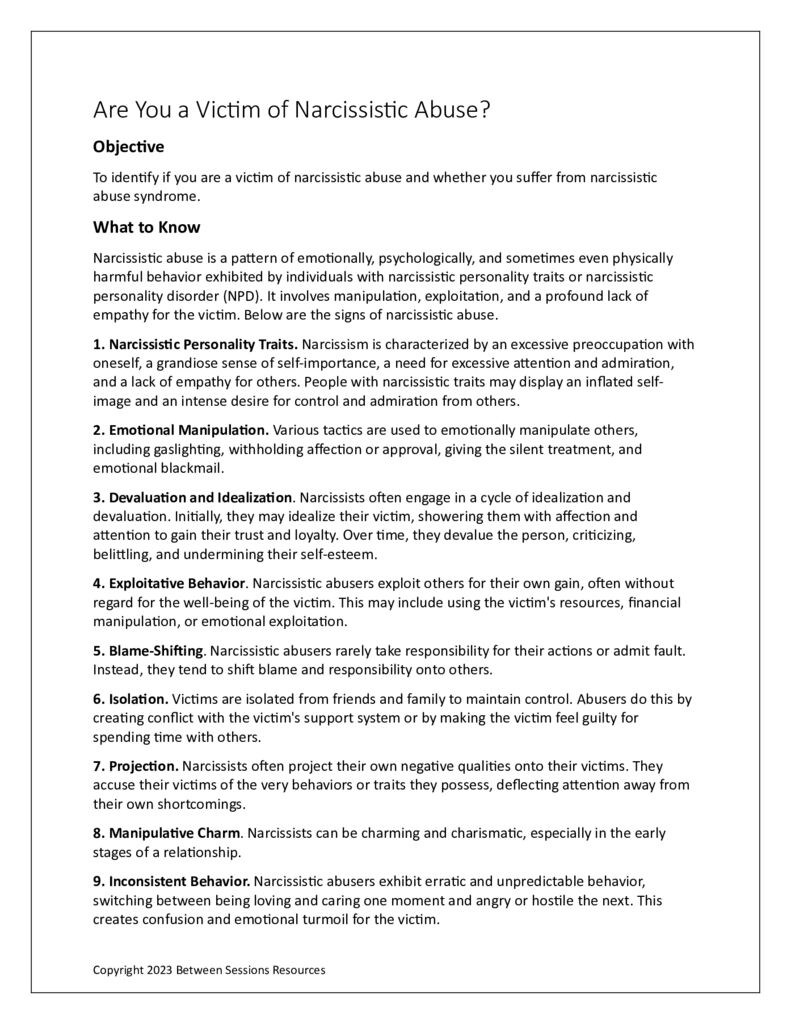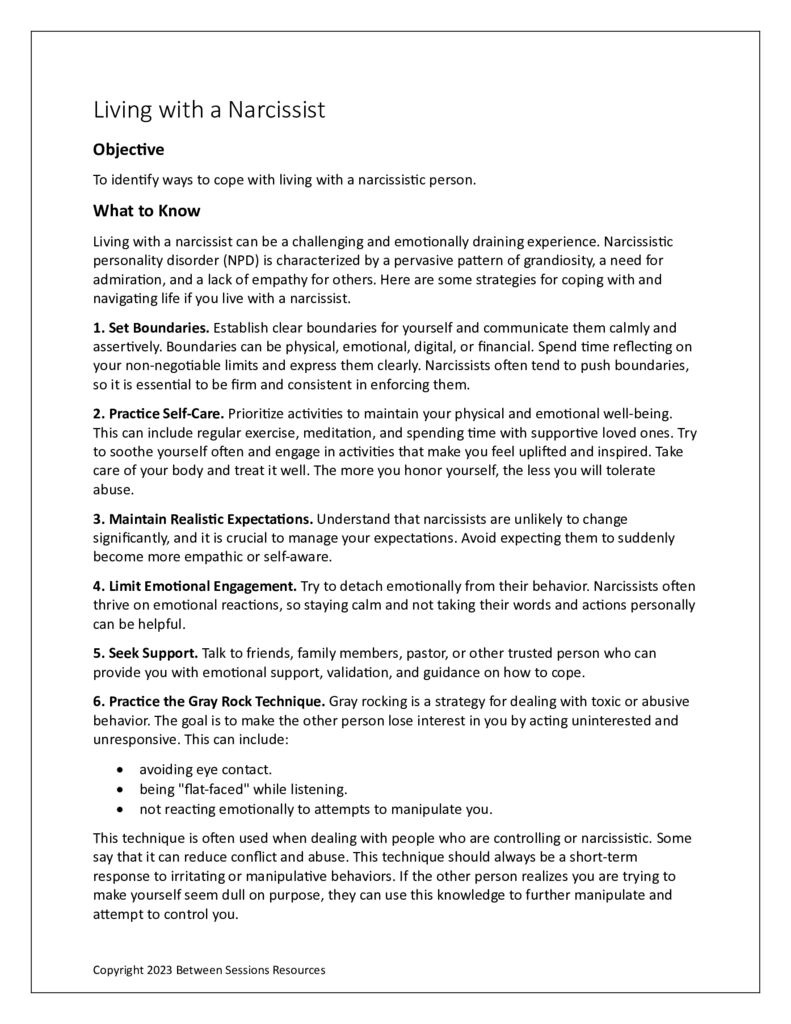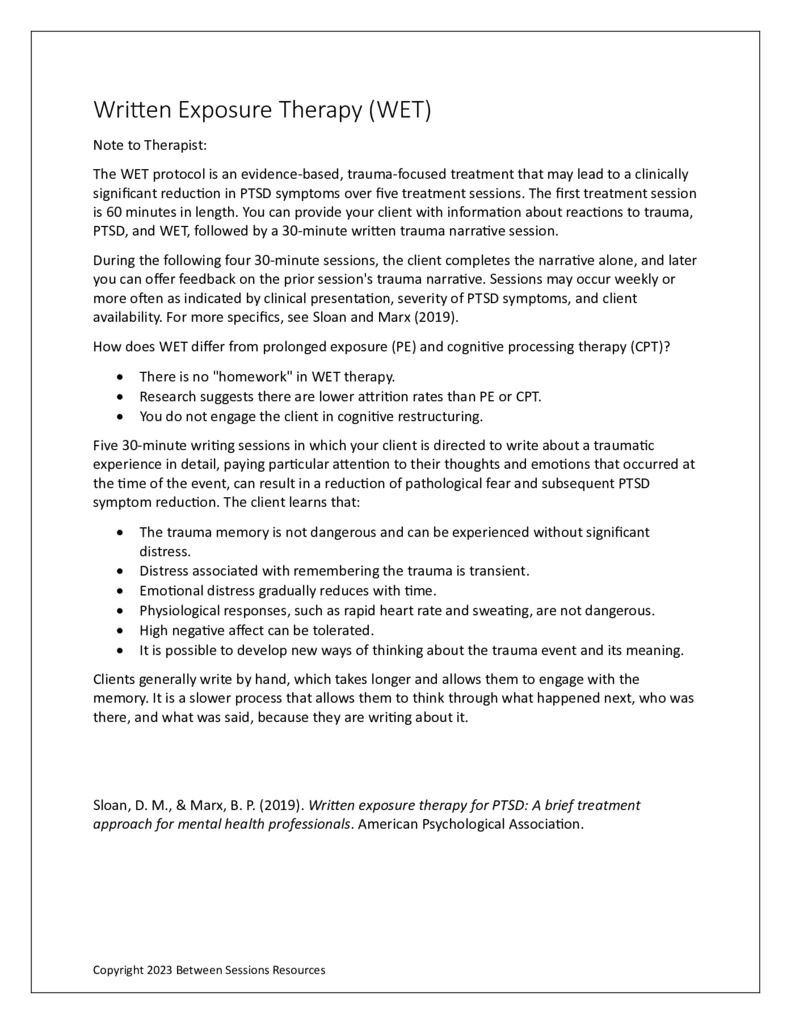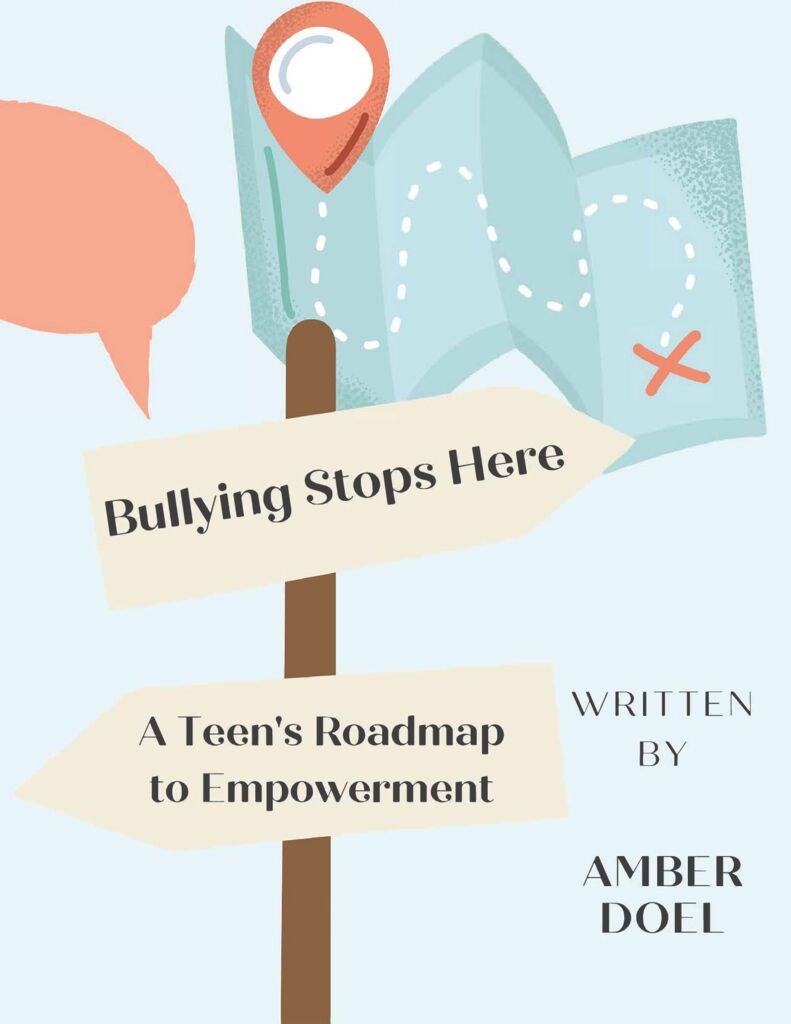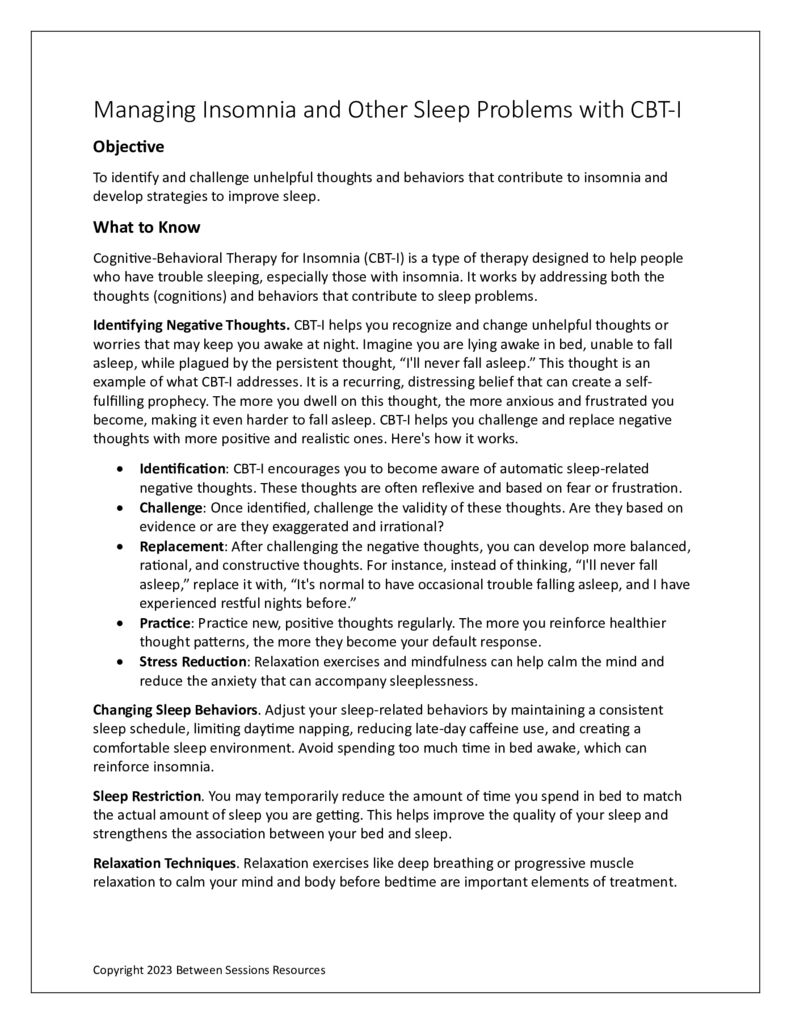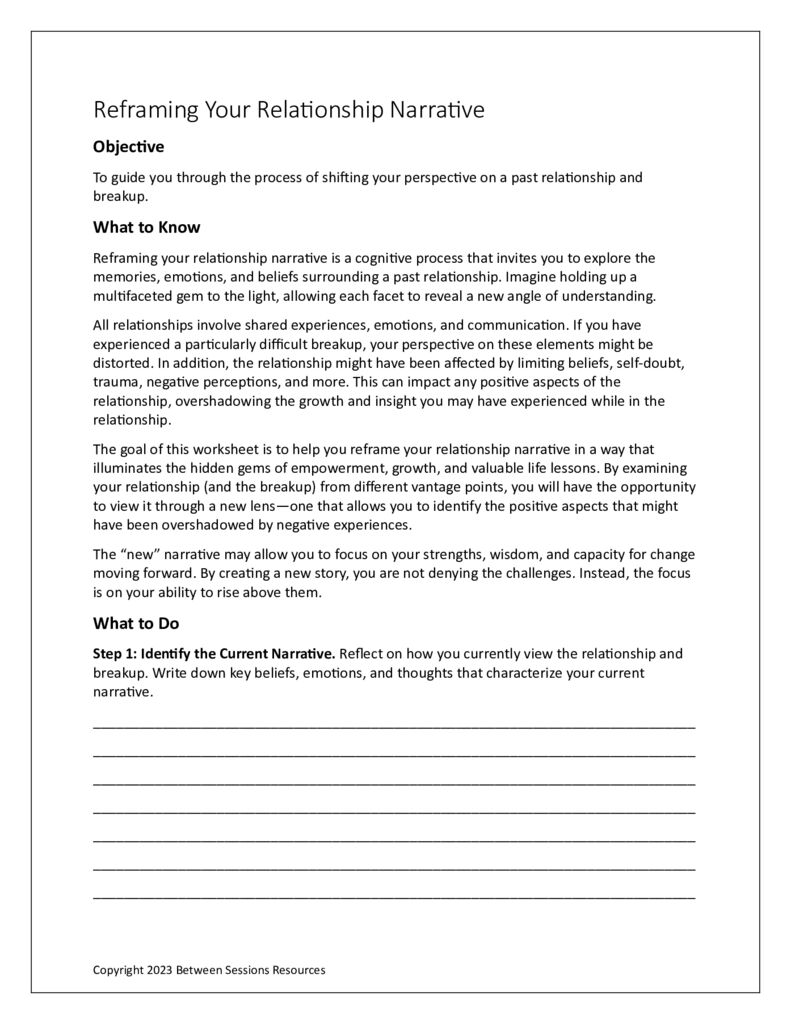Studies tell us that when professionals prescribe therapeutic homework, clients report significantly better outcomes. Our worksheets are derived from evidence-based therapies, and they are designed by experienced professionals. Use the navigation links on the left of this page to view tools in a specific category. Or use the search box at the top of this page to find the exact tool you are looking for.
To modify the tools, click the ‘Send to Client’ button by each tool to open the Psychology Forms Filler. You can then edit the tool as you see fit and either print it out or send it to a client to be filled out online. Click here for a tutorial on using the Psychology Forms Filler.
If you can’t find what you are looking for on this site, please let us know by
clicking here and our team of writers, graphic artists, and therapists will custom-design it for you.
Despair is a profound and overwhelming emotion characterized by a sense of utter hopelessness, helplessness, and emotional distress. This worksheet asks people to visualize what “hope” would mean to them, setting small, achievable goals with action steps to begin this journey. It also encourages them to write down self-care activities and ways to expand their support system. (1023, depression, suicidal ideation)
Hopelessness is one of the most serious symptoms of depression. But hope can be regained. This worksheet 7 strategies to regain hope including connecting with others, self-care, engaging in problem-solving, and “arguing the opposite.” (1023, depression, dysthymia)
Manipulation is a tactic used to trick others into behaving in certain ways. This worksheet details the signs of manipulation and helps people understand how they can create healthier relationships by reducing manipulative behaviors. (1023, narcissism, NPD, manipulation, relationships, BPD, borderline personality disorder, narcissistic personality disorder)
Narcissistic abuse is a pattern of emotionally, psychologically, and sometimes even physically harmful behavior exhibited by individuals with narcissistic personality disorder. This worksheet details the signs of narcissistic abuse and helps people understand the symptoms of Narcissistic Abuse Syndrome. (0923, narcissism)
Living with a narcissist can be a challenging and emotionally draining experience. This worksheet gives people 18 strategies to cope with people who are grandiose, have a need for constant admiration, and lack empathy for others. Questions on the worksheet are designed to help people understand how dealing with a narcissist has affected their well-being. Questions also help people explore their self-care practices, how they set boundaries, how their goals are affected by living with a narcissist, and more. (0923, narcissism, NPD, personality disorders, abuse, boundaries, self-care)
The WET protocol is an evidence-based, trauma-focused treatment that may lead to a clinically significant reduction in PTSD symptoms over five treatment sessions. (0923. exposure, trauma, PTSD, short-term therapy)
Written by a teen for teens, this workbook takes a uniquely personal approach to helping teens understand and cope with bullying. There are worksheets on building self-esteem, dealing with stress, making new friends, building resilience, and much more. (0923, bullying, conflict resolution, social skills, assertive)
CBT-I helps people recognize and change the unhelpful thoughts or worries that keep them awake at night. The worksheet gives people the five steps to overcoming the negative thinking that keeps them awake as well as sleep hygiene tips and a sleep log. (0923. sleep disorders, insomnia, CBT-I)
This workbook contains 25 techniques to help people heal and move on after a difficult break-up. The techniques are rooted in Cognitive Behavior Therapy, including DBT and ACT techniques. The workbook teaches people coping skills, how to tolerate upsetting feelings, how to build a support system, how to manage anger, and more. (0823. divorce, break-up, relationships)
Reframing your relationship narrative is a cognitive process that invites people to explore the memories, emotions, and beliefs surrounding past relationships. The goal of this worksheet is to help people reframe their relationship narrative in a way that illuminates instances of empowerment, growth, and valuable life lessons. The worksheet directs people to examine limiting beliefs about their relationship, explore alternative perspectives, and think about the lessons they have learned. (0823, relationships, divorce)

